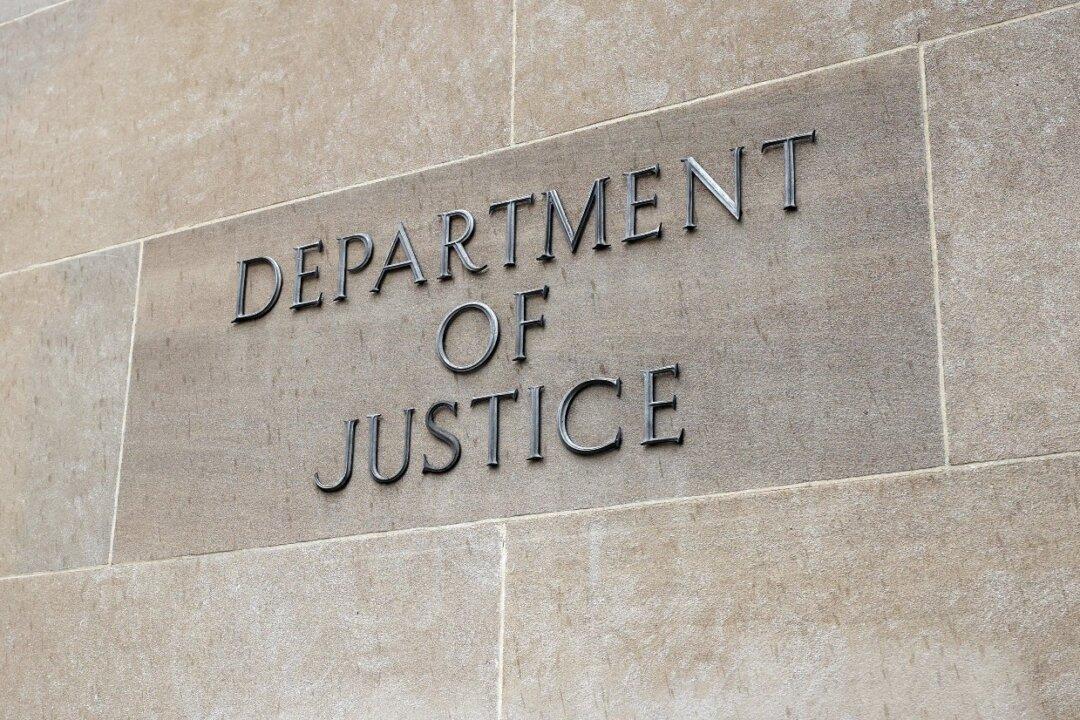Commentary
Almost since its creation, the Department of Justice’s (DOJ) China Initiative, which targets law enforcement actions against threats from China, has been subject to criticism.

Almost since its creation, the Department of Justice’s (DOJ) China Initiative, which targets law enforcement actions against threats from China, has been subject to criticism.